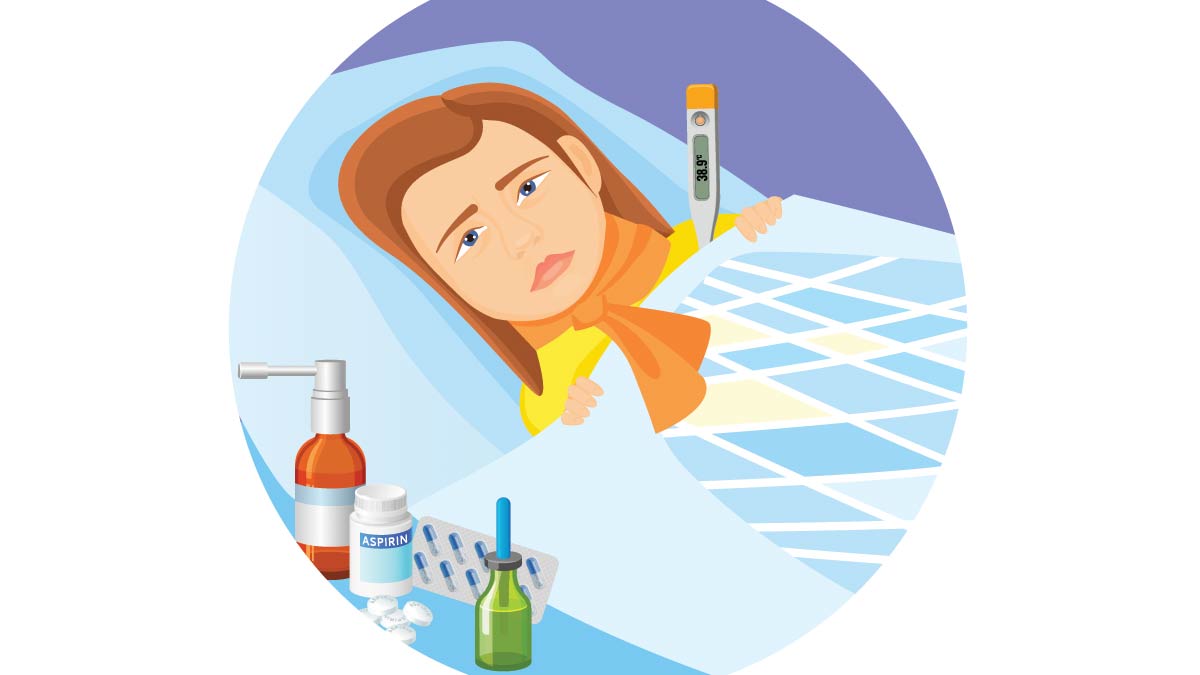We all recognize the following scene: A child claims he or she “doesn’t feel good,” and a concerned parent immediately puts his or her wrist up to the child’s forehead to gauge its heat and determine whether a fever is present. A fever, especially in young children, is one of the telltale signs of a virus or infection and that school should be canceled for the day in favor of warm drinks, toast and soothing cartoons. But how seriously should a fever be taken? Should a parent wait it out, and what temperature, if any, indicates an emergency?
What is Considered a Fever?
First of all, a fever is not necessarily cause for immediate alarm – it’s simply a symptom of another illness, which may or may not need attention from a physician.
“Normal body temperature is 98.6; fever is generally considered anything above 100.4,” explained Dr. Sasha Perez of Palmetto Primary Care Physicians of Charleston. “Most fevers in otherwise healthy children are benign and represent a viral infection that will go away on its own.”
“Anything 100 degrees and above is a fever,” said Dr. Jerome Aya-Ay of Palmetto Proactive in Spartanburg. “Kids have about seven or eight upper respiratory tract infections a year, and most are spread by contact in school. A fever is a natural response to infection and can simply mean the body is fighting it off.”
How to Treat a Common Fever
There are plenty of simple remedies to try at home if a child has a fever accompanied by other symptoms. Rest, hydration and a fever reducer – those time-tested remedies – are still the best bet both for kids and grown-ups, unless symptoms become more serious.
“Give your child Tylenol or Motrin first,” advised Dr. Aya-Ay. “If that makes him or her more comfortable, there is no need to bring the child in to the doctor’s office where germs can be passed around.”
“Ensuring your child is well-hydrated is one of the most important aspects of caring for a fever,” said Dr. Perez. “If your child is a year old or older, offer them small sips of water or an electrolyte beverage frequently. If there is decreased activity and oral intake, it’s appropriate to try a fever reducing medication. The safest is acetaminophen (Tylenol) and should be dosed according to weight.”
When to See a Doctor
Of course, there are certainly times to see a doctor, and physicians suggest that odd or severe symptoms are much more concerning than just a fever – though a fever without any symptoms at all is also cause for concern.
“We don’t treat the number; we treat the patient,” said Dr. Aya-Ay. “If they have a 101-degree fever and are still playing, that’s less cause for concern. Essentially, bring the child in to see a doctor if a parent is concerned by a decreased appetite, lethargy and not playing normally.”
“A physician should be consulted if a child has a fever in addition to any of these symptoms: poor appetite, sore throat, cough, ear pain, vomiting or diarrhea, decreased urination or lethargy,” said Dr. Perez. “Take a child to the ER if the temperature is higher than 104, or, for infants less than 6 weeks old, any fever over 100.”
Always Pay Attention
In rarer cases, a fever can indicate a more serious illness or issue. High fevers can cause seizures in children, and a fever without any other symptoms can be a sign of an immune system problem or even cancer.
“Fevers are a physiologic response or symptom of an underlying condition,” Dr. Perez said. “Most often, it’s a simple infection, but it can also indicate an illness. If you’re consulting a physician, it’s important to share symptoms, conditions, medications and whether you’ve traveled to areas with infection.”
“A fever without a source like an infection could be a cause for concern,” said Dr. Aya-Ay. “Some cancers can present as fevers, especially if accompanied by weight loss, chills or night sweats. We can do additional bloodwork to see if there are clues of malignancy present. Fevers are your body’s way of sending signals – and you should heed them and check them out.”
By Denise K. James







